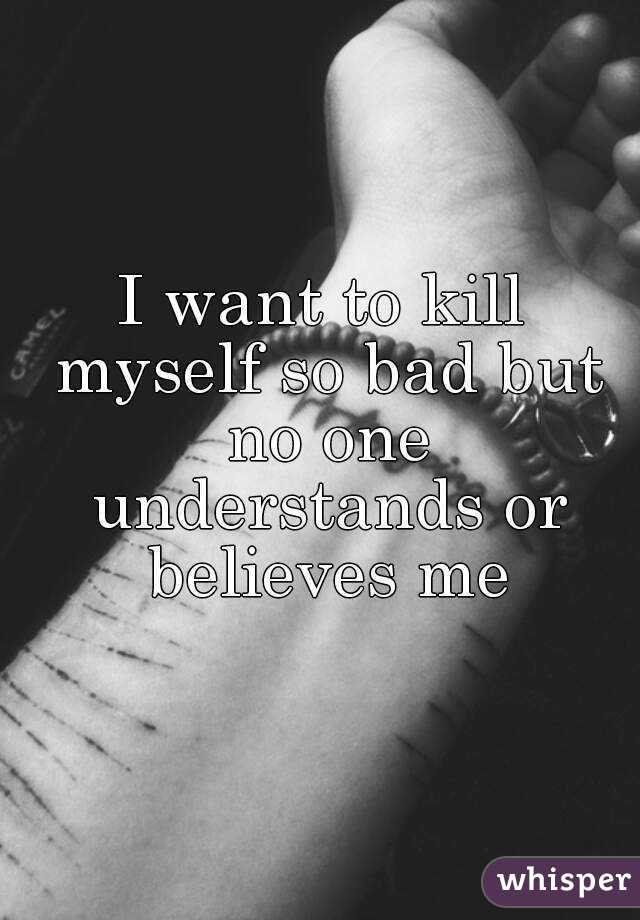

Members should discuss any matters related to their coverage or condition with their treating provider.Įach benefit plan defines which services are covered, which are excluded, and which are subject to dollar caps or other limits. Treating providers are solely responsible for medical advice and treatment of members. The ABA Medical Necessity Guide does not constitute medical advice. The Applied Behavior Analysis (ABA) Medical Necessity Guide helps determine appropriate (medically necessary) levels and types of care for patients in need of evaluation and treatment for behavioral health conditions. If your loved one is considering suicide, starting an honest conversation about it can be the first step toward getting them help – and saving a life.īy clicking on “I Accept”, I acknowledge and accept that:

While such interventions may ultimately involve the work of mental health professionals, they often begin with family and friends. “But what we don't hear about is how many people were able to talk to someone, were directed to get help, did get care and didn't go on to take their life.” She and other experts agree that there are tremendous opportunities to intervene and prevent vulnerable people from doing the unthinkable. “That’s what gets publicity,” Wagner says. Often, when we hear about suicide, it's in relation to someone who actually took his or her own life. Aetna members whose health plans includes Employee Assistance Program benefits can call the number provided by their employer. May 5, 2015.To get more information and advice on what to do in a specific situation, you can call hotlines like the National Suicide Prevention Lifeline (1-80) or Aetna’s Resources For Living. Sense of purpose in life and escape from self as the predictors of quality of life in clinical samples. Australian and New Zealand Journal of Psychiatry. The impact of exercise on suicide risk: Examining pathways through depression, PTSD, and sleep in an inpatient sample of veterans. Suicidal ideation and behavior in adults. Practical suicide-risk management for the busy primary care physician. Consider writing about the things in your life that you value and appreciate, no matter how small they may seem at the time.
#I want to kill myself movie
Activities that brought you small pleasure in the past can make a difference - such as listening to music, watching a funny movie or visiting a museum. If possible, give your medications to someone who can safeguard them for you and help you take them as prescribed. This may include ridding your home of guns, razors or other objects you may consider using to hurt or kill yourself. Remove potential means of killing yourself.Include friends or loved ones who agree to be available as part of your safety plan. Include your doctors, therapists and crisis centers that can help you cope with suicidal thoughts. Keep a list of contact names and numbers readily available.Commit to taking your medication as prescribed and attending all treatment sessions and appointments. This will help you get appropriate treatment for suicidal thoughts and feelings so that you don't have to continually operate in a crisis mode.Īs a foundation for your plan, take these steps: Review why your life is valuable and the reasons to liveĮven if the immediate crisis passes with your self-care strategies, see a doctor or mental health provider.Try specific healthy and enjoyable activities when negative thoughts start to intrude.Call a supportive family member or friend who can help you cope with your suicidal thoughts.Contact your doctor, therapist or crisis center to help you cope with suicidal thoughts.


 0 kommentar(er)
0 kommentar(er)
